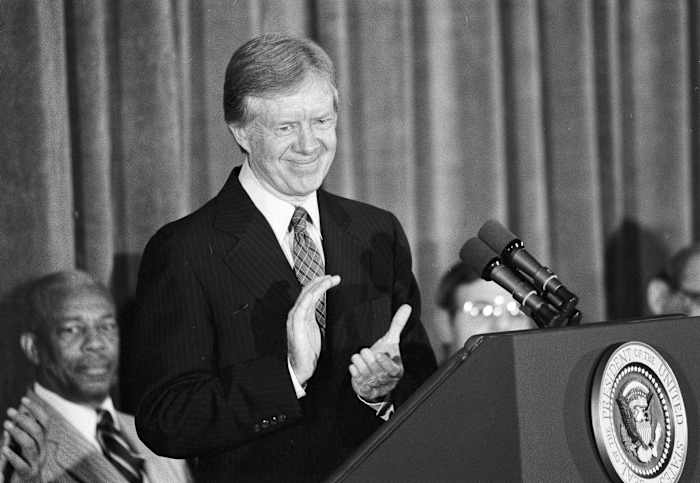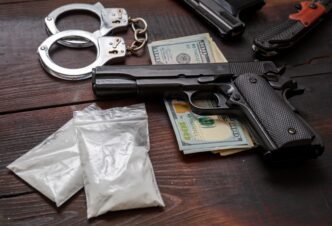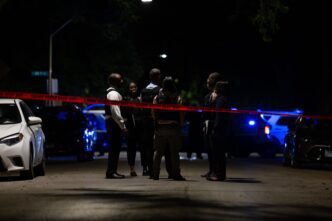The decision to boycott the 1980 Moscow Olympics by the United States stands out as a highly controversial action in the annals of sports and politics. Former President Jimmy Carter, who passed away recently, made the call amidst the tension of the Cold War, intending to convey strong disapproval of the Soviet invasion of Afghanistan.
Carter’s tenure as President is marked by both significant successes and failures, with the Olympic boycott sitting ambiguously between these outcomes. He justified the boycott during his 1980 State of the Union Address, suggesting that the Soviet actions in Afghanistan could pose a significant threat to global peace. The boycott was backed by a significant majority of the U.S. Olympic Committee, demonstrating a rare instance of unity during a divided political era.
However, the decision drew criticism and was seen by many as a classic example of the risks involved in mixing politics with sports events. Edwin Moses, a renowned hurdler, famously lamented the unclear reasons behind the ban, highlighting the personal toll on athletes who trained tirelessly for their Olympic dreams.
For the athletes of the 1980 U.S. Olympic team, being recognized domestically as Olympians did little to soothe the disappointment of missing out on the global stage. Of the 474 athletes who qualified, nearly half never got another chance to compete. Stories from this era often recount the symbolic yet unsatisfying visit to the White House in 1980, where athletes received gold-plated bronze Congressional medals instead of competing for real Olympic gold.
Jesse Vassallo, a world champion swimmer, remembered meeting Carter and expressing his frustration at being denied the opportunity to compete for gold medals. Wrestler Jeff Blatnick recounted an encounter years later where Carter himself referred to the decision as a ‘bad decision,’ a sentiment that history seems to echo.
The boycott’s long-term effectiveness is debated, especially among political historians. The Soviet Union remained in Afghanistan for nine more years and retaliated by boycotting the 1984 Los Angeles Olympics. Historian Kai Bird notes in his biography of Carter that the boycott was part of a hardline stance pushed by Carter’s national security advisor, which ended up having little impact on Soviet policy. In retrospect, these actions did little to prevent future conflicts, such as Russia’s more recent military actions.
The politicization of the Olympics remains a relevant issue today. As the global community continues to navigate tensions, particularly with Russia, the 1980 boycott serves as a reminder of the complexities involved in blending sports with international diplomacy.
The 1980 Olympic boycott is a decision that continues to evoke strong emotions and different perspectives even decades later. While intended as a political statement against Soviet aggression, its effectiveness remains a subject of debate. For the athletes who missed out, it was an opportunity lost forever to the tides of history and politics.
Source: News4jax








